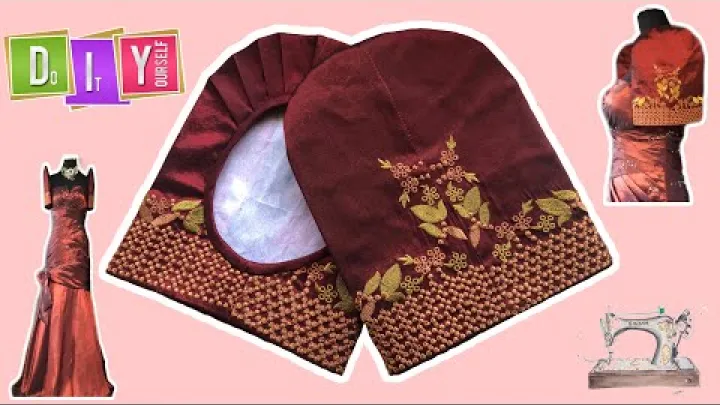Discover the Best Philippines Souvenirs: Bringing Home a Piece of Paradise!
Step into the world of the Philippines, a tropical paradise filled with breathtaking landscapes, vibrant culture, and warm-hearted people. And what better way to bring a piece of this paradise home than through unique and unforgettable souvenirs?
From the bustling markets of Manila to the tranquil beaches of Boracay, the Philippines offers a treasure trove of souvenirs that captivate the senses and reflect the beauty of this enchanting archipelago. Whether you're looking for handmade crafts, traditional textiles, or delicious treats, the Philippines has something to suit every taste and budget.
Immerse yourself in the rich cultural heritage of the Philippines with intricately designed wooden carvings, handwoven textiles like the world-renowned piña cloth, or intricately crafted jewelry made from natural materials. Indulge your taste buds with vibrant flavors by taking home some of the country's beloved sweets like the chewy pastillas or the sticky-sweet bibingka.
In this article, we will guide you through the best Philippines souvenirs to help you curate a collection that will not only remind you of your incredible journey but also spark conversations and create memories for years to come. So, let's embark on this souvenirs adventure and bring home a piece of paradise!
Popular traditional souvenirs from the Philippines
When it comes to traditional souvenirs from the Philippines, there are a few items that stand out as must-haves. One of the most iconic and sought-after souvenirs is the Barong Tagalog, a traditional embroidered shirt worn for special occasions. Made from delicate piña or jusi fabric, the Barong Tagalog showcases the intricate craftsmanship and attention to detail that the Philippines is known for. Whether you choose a classic white Barong Tagalog or opt for a more modern design, this souvenir is a timeless piece that will forever remind you of the Philippines.
Another popular traditional souvenir is the Filipino hat, also known as the salakot. Made from materials like rattan or bamboo, the salakot is a wide-brimmed hat that provides shade from the tropical sun. It is often adorned with intricate designs and patterns, making it not only a practical accessory but also a stylish memento of your time in the Philippines.
For those looking to add a touch of Philippine artistry to their homes, the T'nalak cloth is a perfect choice. Originating from the T'boli tribe of Mindanao, the T'nalak cloth is handwoven using traditional methods and natural dyes. Its vibrant colors and geometric patterns make it a striking piece of wall decor or a unique table runner. Each T'nalak cloth is a work of art, representing the rich cultural heritage of the Philippines.
Unique souvenirs from specific regions in the Philippines
While there are many souvenirs that can be found throughout the Philippines, each region also offers unique treasures that reflect the local culture and traditions. In the province of Ifugao, known for its magnificent rice terraces, you can find miniature replicas of these UNESCO World Heritage sites. These intricately carved wooden sculptures are not only beautiful but also serve as a reminder of the awe-inspiring landscapes you encountered in Ifugao.
In the province of Batangas, famous for its coffee and kapeng barako, a popular souvenir choice is a bag of freshly roasted coffee beans. The distinct aroma and bold flavor of kapeng barako make it a favorite among coffee enthusiasts. By bringing home a bag of these aromatic beans, you can savor the taste of Batangas long after your visit.
If you find yourself in the province of Cebu, don't miss the chance to bring home a miniature guitar known as the ukulele or "ukulelele." These handcrafted instruments are made from various types of wood and are known for their sweet and melodic sound. Learning to play the ukulele can be a fun way to continue your connection with the Philippines and its rich musical heritage.
Handicraft souvenirs from indigenous communities
The Philippines is home to many indigenous communities, each with their own unique crafts and traditions. By purchasing handicraft souvenirs directly from these communities, you not only support local artisans but also help preserve their cultural heritage.
One such community is the T'boli tribe of Lake Sebu in Mindanao. Known for their intricate beadwork, the T'boli people create stunning jewelry and accessories using traditional techniques passed down through generations. From beaded necklaces and bracelets to earrings and headpieces, these handcrafted pieces are not only beautiful but also carry the stories and traditions of the T'boli people.
Another community renowned for their craftsmanship is the Mangyan tribe of Mindoro. The Mangyan people are skilled in weaving nito, a type of vine that they transform into intricate baskets and containers. These woven creations showcase the Mangyan's exceptional weaving skills and are not only practical but also make for unique and eye-catching souvenirs.
Food and beverage souvenirs from the Philippines
No visit to the Philippines is complete without indulging in the country's delicious culinary delights. Luckily, many of these treats can be taken home as souvenirs, allowing you to savor the flavors of the Philippines long after your trip.
One popular food souvenir is the iconic dried mangoes. Made from ripe Philippine mangoes, these sweet and tangy treats are packed with flavor and make for a healthy and tasty snack. Whether enjoyed on their own or used to enhance desserts and baked goods, dried mangoes are a must-have for any Filipino food lover.
For those with a sweet tooth, a box of pastillas is a delightful souvenir choice. Pastillas are soft and chewy milk candies made from condensed milk and sugar. They come in various flavors like langka (jackfruit), ube (purple yam), and pandan. These bite-sized delights are perfect for sharing with friends and family or simply indulging in a sweet moment of nostalgia.
If you're a fan of Filipino street food, why not bring home a taste of the famous bibingka? Bibingka is a traditional rice cake made with glutinous rice flour, coconut milk, and sugar. It is cooked on a hot griddle and topped with butter, grated coconut, and sometimes salted egg. Taking home a package of bibingka mix allows you to recreate this beloved Filipino treat in the comfort of your own kitchen.
Where to buy authentic Philippine souvenirs
When it comes to buying authentic Philippine souvenirs, there are a few key places to visit. In Manila, the capital city, you'll find a variety of markets and shops where you can find a wide range of souvenirs. One popular destination is the Greenhills Shopping Center, known for its vast selection of handmade crafts, clothing, and accessories. Divisoria, another bustling market in Manila, is the go-to place for affordable souvenirs, including textiles, trinkets, and traditional Filipino clothing.
If you're looking for souvenirs specific to a certain region, it's best to visit the local markets or specialty shops in that area. For instance, in Baguio City, known as the "Summer Capital of the Philippines," you can explore the Baguio City Market for unique finds like woven products, strawberry jams, and woodcarvings.
For a more curated and upscale shopping experience, you can also visit Filipino-themed concept stores like Kultura or Balikbayan Handicrafts. These stores offer a wide selection of souvenirs, from traditional crafts to modern interpretations of Filipino design, making it easy to find the perfect memento of your trip.
Tips for choosing and packing souvenirs
When choosing souvenirs, it's important to consider their size, weight, and fragility. Opt for items that are compact and lightweight, as these will be easier to pack and won't add unnecessary weight to your luggage. Avoid fragile items unless you have a reliable way to protect them during transport.
It's also a good idea to check the customs regulations of your home country to ensure that the souvenirs you choose can be legally brought back with you. Some countries have restrictions on certain items, such as wooden products or food items, so it's important to be aware of these regulations to avoid any issues at customs.
To protect delicate souvenirs, consider investing in bubble wrap or padded bags. Wrap breakable items individually and secure them in your luggage to minimize the risk of damage during transit. If you're concerned about space in your luggage, consider shipping larger or bulkier items separately.
Lastly, don't forget to leave some room in your luggage for your souvenirs. It's easy to get carried away when shopping for souvenirs, but make sure you have enough space to bring them all back. Consider packing a foldable duffel bag or an extra suitcase that you can fill with your newfound treasures.
DIY souvenir ideas inspired by the Philippines
If you're feeling creative and want to add a personal touch to your souvenirs, why not try some DIY projects inspired by the Philippines? These handmade creations not only make unique keepsakes but also allow you to infuse your own creativity and memories into your souvenirs.
One idea is to create a scrapbook or photo album filled with pictures from your trip. Print out your favorite photos and arrange them in a beautiful layout, adding captions and decorations to enhance the storytelling aspect. This personalized souvenir will be a cherished memento of your time in the Philippines.
Another DIY project is to make your own jewelry using materials inspired by the Philippines. Purchase beads made from natural materials like shells, wood, or seeds, and string them together to create unique necklaces, bracelets, or earrings. Not only will you have a one-of-a-kind accessory, but you'll also have a tangible reminder of the Philippines' natural beauty.
For those with a green thumb, consider collecting seeds or small plants during your travels and create a mini indoor garden. Fill small pots or containers with soil, plant the seeds or seedlings, and watch them grow. This living souvenir will continue to thrive as a symbol of your journey and connection with nature.
Supporting local communities through souvenir purchases
One of the most meaningful aspects of buying souvenirs is the opportunity to support local communities and artisans. By purchasing directly from local producers, you can help create sustainable livelihoods and contribute to the preservation of traditional crafts and cultural heritage.
When buying souvenirs, look for items that are labeled as "fair trade" or "ethically sourced." These labels indicate that the products were made under fair working conditions and that the artisans receive a fair wage for their work. By supporting fair trade products, you can make a positive impact on the lives of the people behind the souvenirs.
Another way to support local communities is by visiting community-based tourism initiatives or cooperatives. These initiatives aim to empower local communities by providing them with opportunities to showcase their crafts and traditions to visitors. By purchasing souvenirs from these initiatives, you directly contribute to the sustainable development of these communities.
Conclusion
As your journey in the Philippines comes to an end, don't forget to bring home a piece of paradise with you. Whether it's a handcrafted wooden carving, a vibrant textile, or a delicious treat, the souvenirs you choose will serve as tangible reminders of the beauty and culture you experienced.
By exploring the traditional, regional, and indigenous souvenirs, you can create a collection that tells a story and sparks conversations for years to come. And by supporting local communities through your souvenir purchases, you can make a positive impact on the lives of the people who created these treasures.
So, as you pack your bags and bid farewell to the Philippines, remember to leave some space for the memories and souvenirs that will transport you back to this tropical paradise whenever you need a moment of escape. Bring home a piece of paradise and let it inspire your dreams until you can return to the beautiful archipelago once again.
Your Nearby Location
Your Favorite
Post content
All posting is Free of charge and registration is Not required.



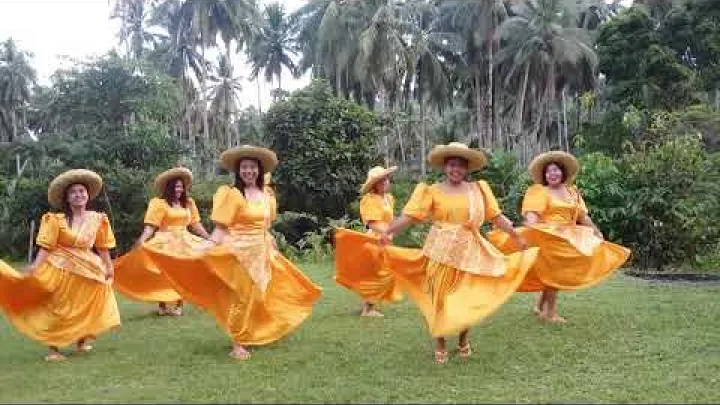
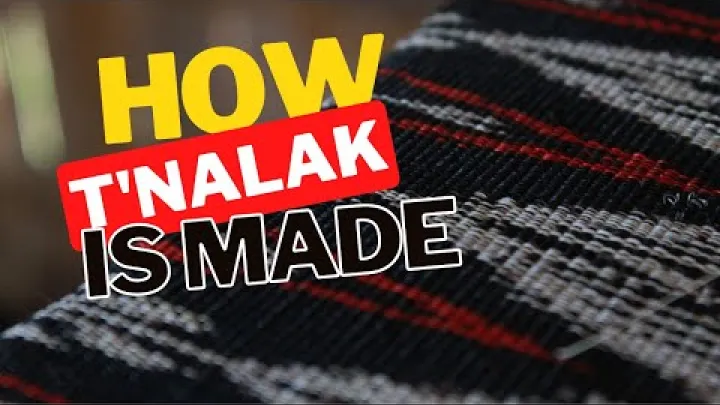

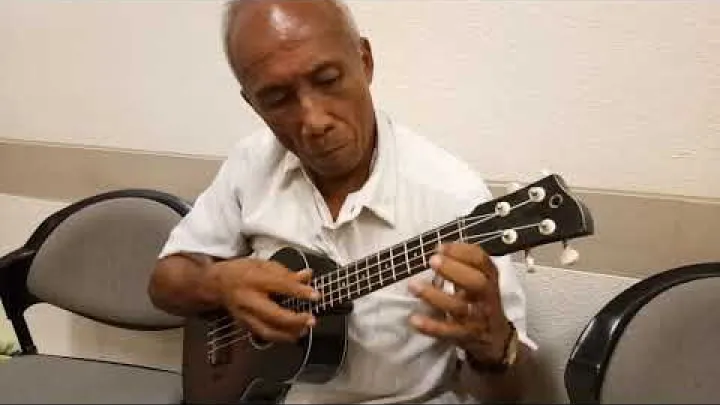

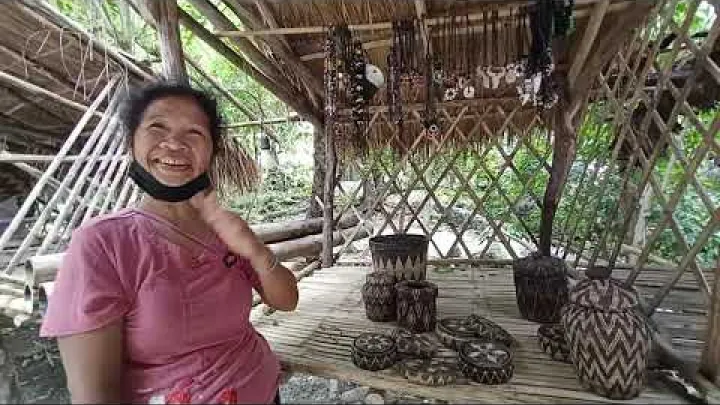
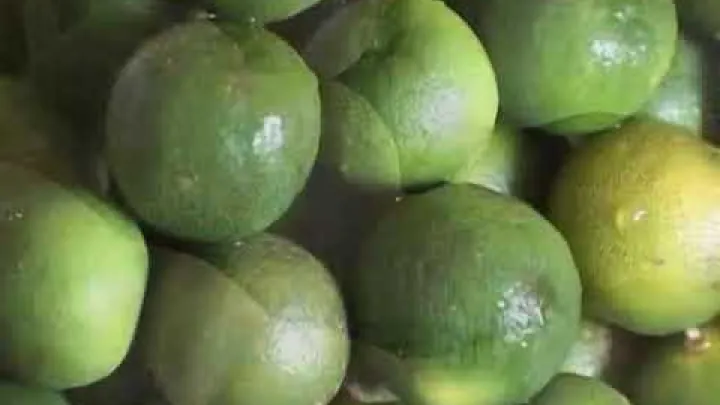
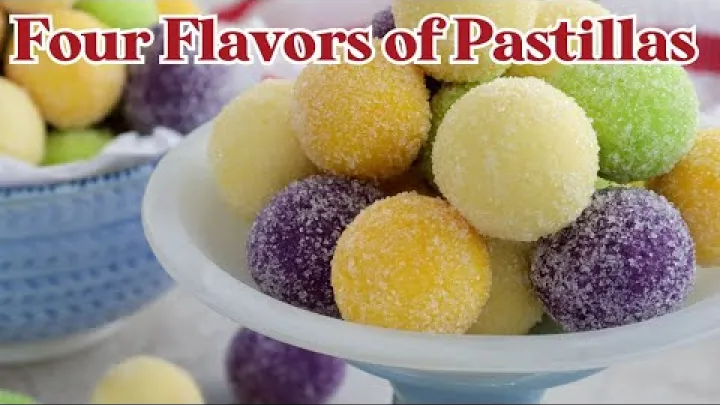
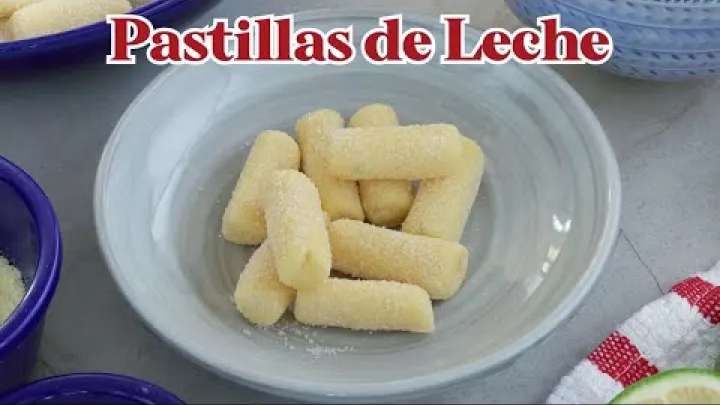
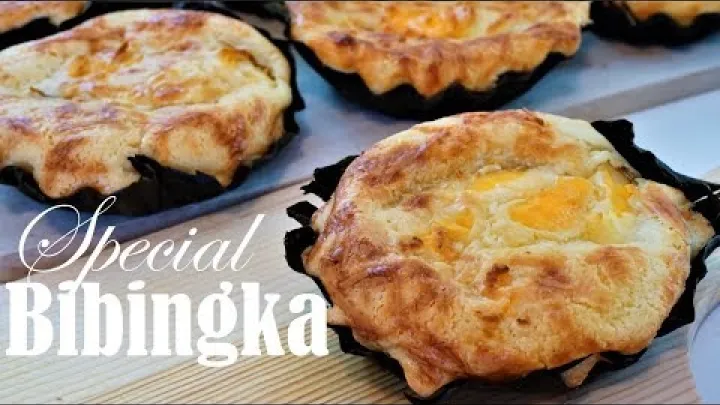





![Preview image for the video "Souvenirs When Packing Light [7 Suggestions]". Preview image for the video "Souvenirs When Packing Light [7 Suggestions]".](/sites/default/files/styles/media_720x405/public/oembed_thumbnails/2024-04/3OOIZFW4osWLOa42a-YTuDfIr63DPjHF-EsgoWGSuyw.jpg.webp?itok=OAVWjF3-)
![Preview image for the video "[TEACHER VIBAL] Weekend Special: Philippine Tribes-Inspired DIY Accessories". Preview image for the video "[TEACHER VIBAL] Weekend Special: Philippine Tribes-Inspired DIY Accessories".](/sites/default/files/styles/media_720x405/public/oembed_thumbnails/2024-05/aDHbFZ-vWAkZdNnrFwBFI_MbHfCapT-aCu3XrRmuUeM.jpg.webp?itok=rokSOzU2)
